Maybe Alicia Keys’s “Fallin’” stole your heart in 2001 and you’ve wanted to learn to play the piano ever since. Maybe your mom forced you into lessons and you’re still trying to resign yourself to that fact. Whatever the reason, you’ve joined the ranks of musicians aspiring to the title of pianist. The piano is a perfect instrument for people who are new to the musical world, but that doesn’t mean learning to play it is easy. Too many people have walked away from the instrument before they could even learn “Chopsticks.” If you don’t want to be one of them, here are a few mistakes to avoid when learning piano.
Skipping the Basics
We get it: you want to be the next Ray Charles. But Ray Charles didn’t become Ray Charles overnight. (We should know. We all cried our way through the movie Ray.) But if you want to be able to reenact the “Shake a Tail Feather” scene from The Blues Brothers, you have to build a foundation. That means nailing these skills:
Fingering
Any shmuck can hit a key on a piano and make noise. But if you click away at the keys of a piano with your pointer fingers like a child surfing the Internet for the first time, you’ll have a lot of trouble playing more complex pieces. Using the piano’s equivalent of home row won’t feel natural at first, but it’ll save you grief in the long run.
Music Theory
You don’t have to understand the intricacies of microtonal music just to learn the basics of piano, but you should try to master some basic ideas at the beginning. For example:
- How to read sheet music
- The difference between treble and bass cleft
- Different key signatures
- Scales (other than C major!)
- The basics of chord progression
Learning these skills may be tedious, but having them will help you learn new music 100 times faster.
Going Too Hard, Too Fast
As the saying goes, “Shoot for the moon. Even if you miss, you’ll land among the stars.” But while it’s good to challenge yourself to learn something new, it’s also possible to try to play something so complicated that you get frustrated and then disheartened.
Remember, no one is expecting you to be Beethoven or Billy Joel right out of the gate. It’s OK to take it slow and learn a few beginner piano tunes first. That way, you can build your confidence and skill level so that you can tackle those harder pieces later.
Keeping an Irregular Practice Schedule
Even if you love the piano, making yourself practice isn’t always easy. But here’s the thing: consistency is more important than time when it comes to practice. When you practice daily, your brain retains the information it learned the day before to build on it. That’s what makes practice effective. Try to get on the keys at least once a day.
Overstressing Perfection
Learning to play piano is fraught with challenges. But the biggest mistake to avoid when you’re learning piano is thinking you have to get it right all at once. It’s a process just like everything else. Embrace the hard days, knowing that every mistake means you’re learning. Trust us: you’ll get there.

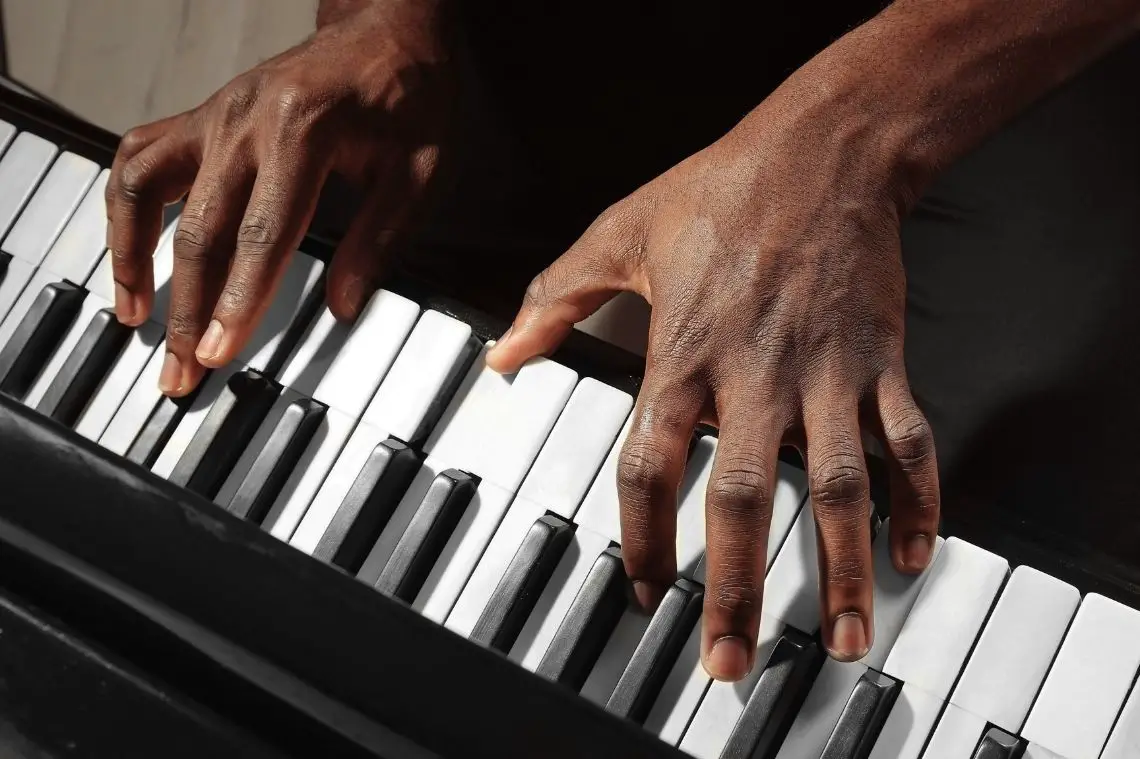

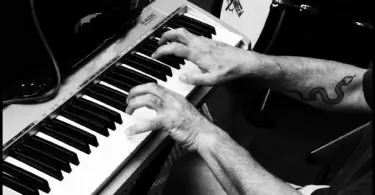
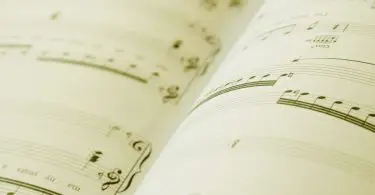
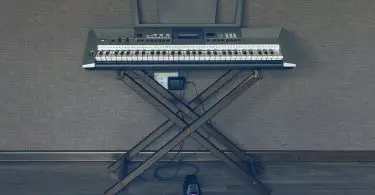
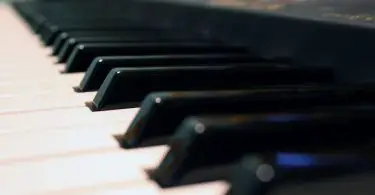
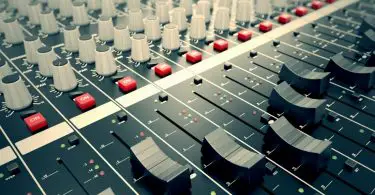
Start the discussion at talk.hearthemusicplay.com